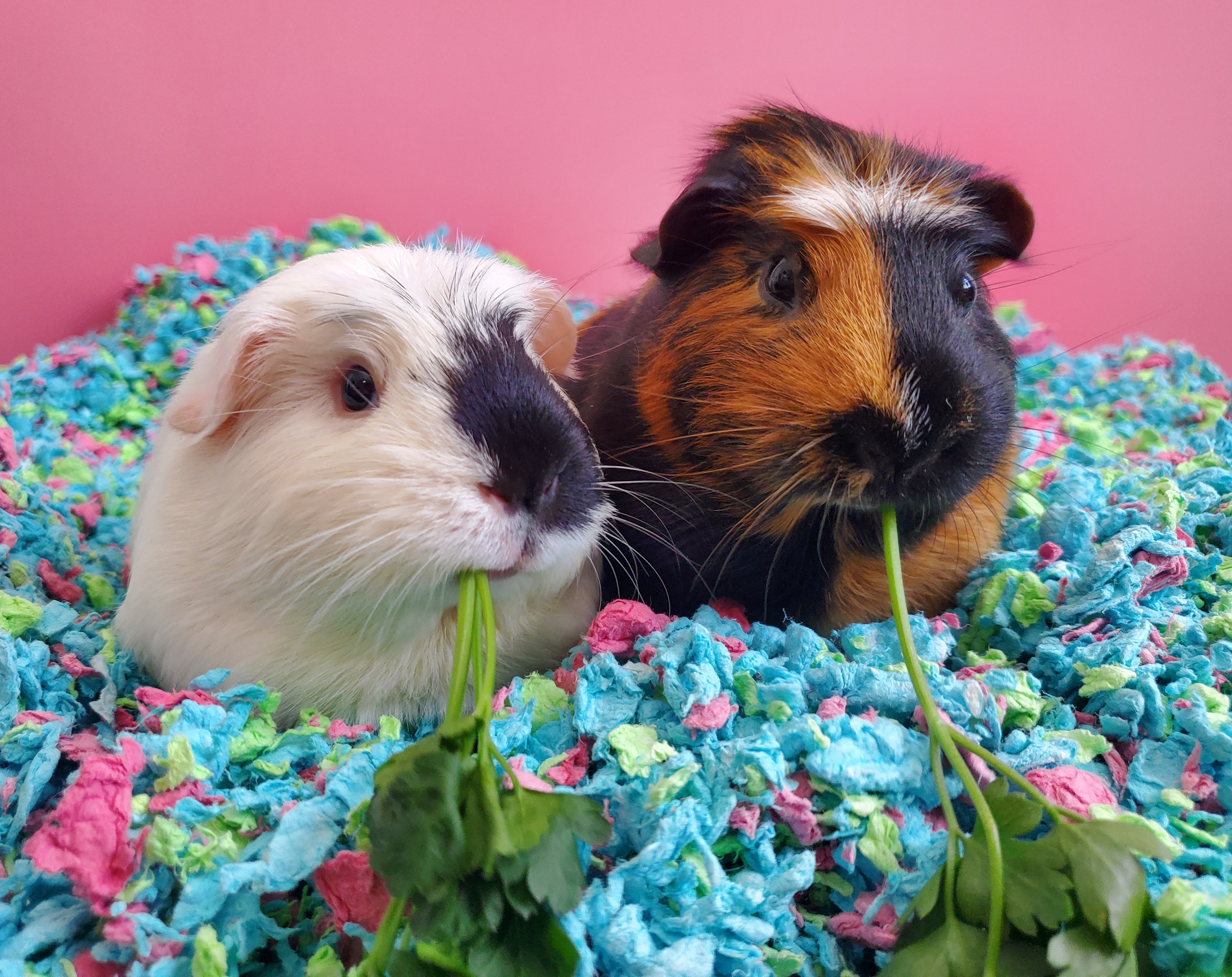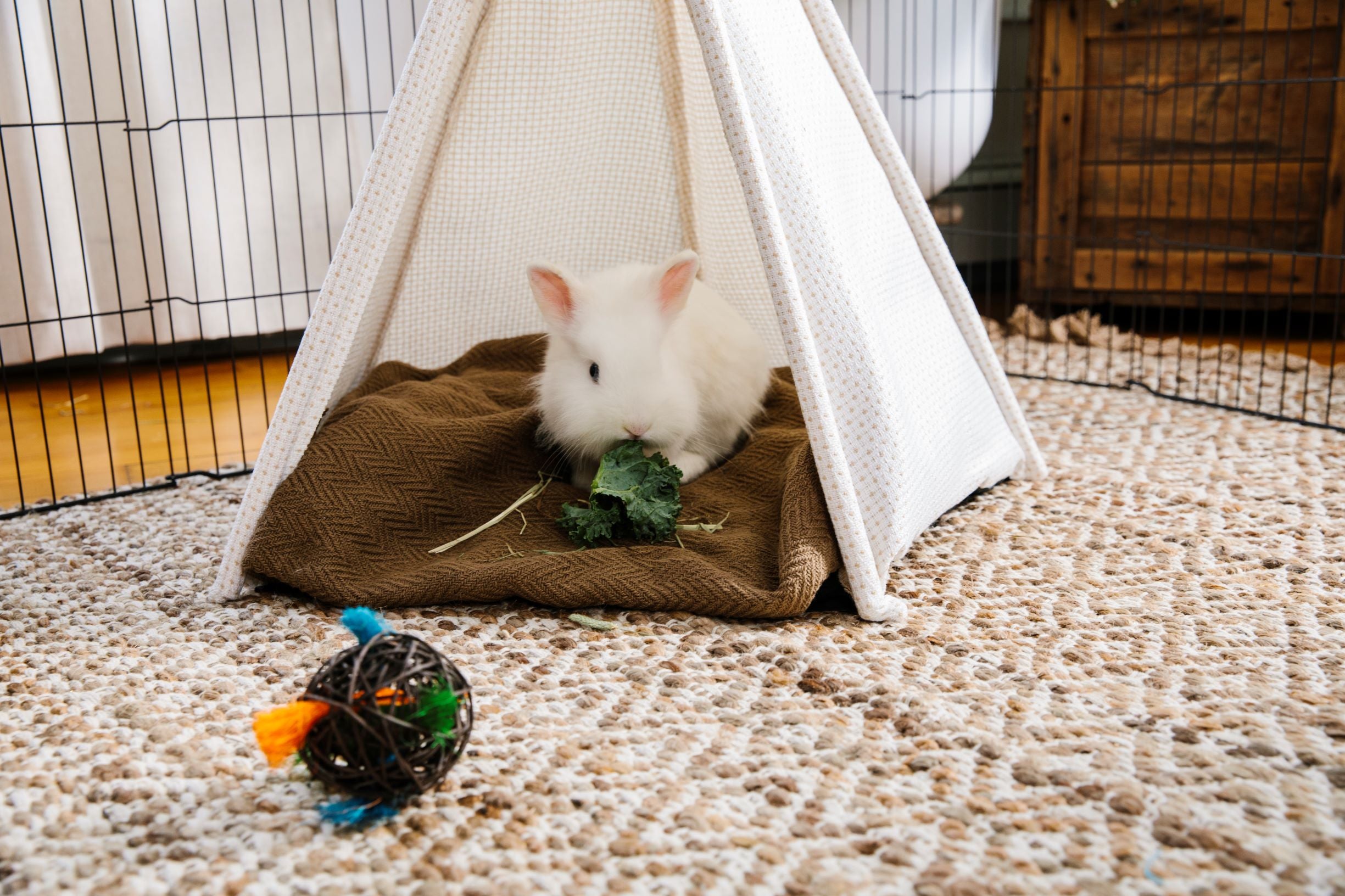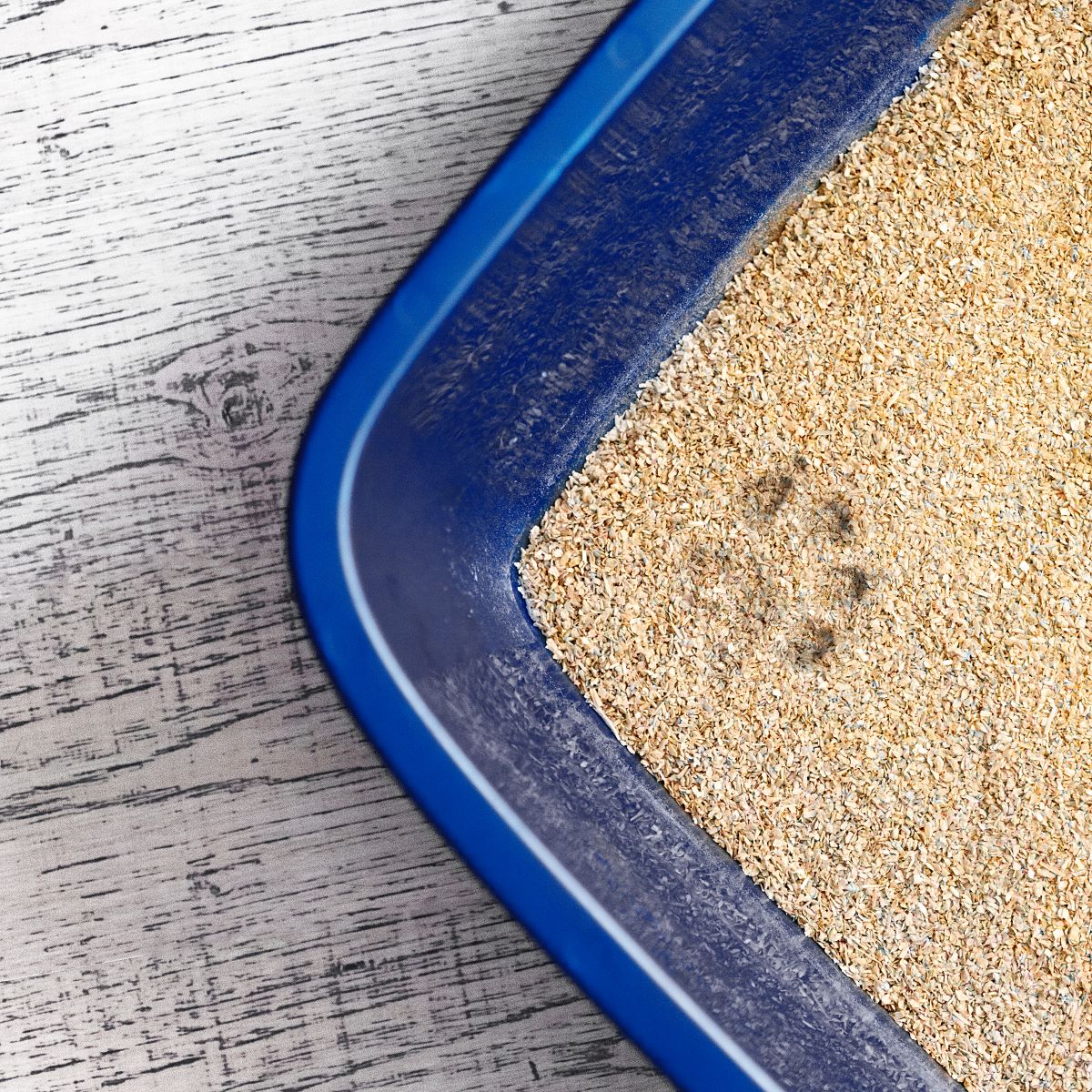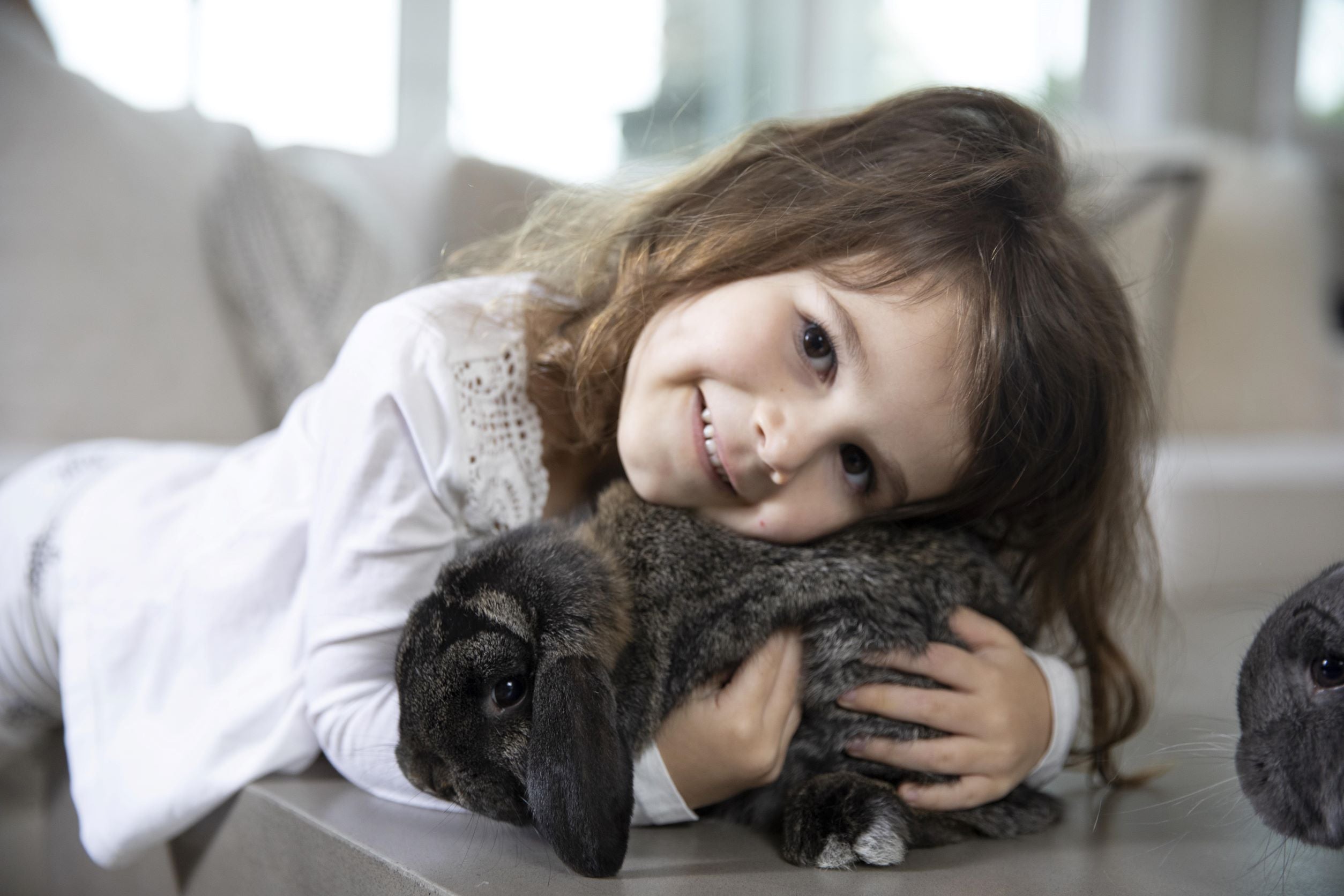
The Importance of Vitamin C for your Small Pet
Guest post by Linden of @CavyCoterie
We all know it's important for our furry friends to get the best possible nutrition, but did you know some small pets, like Guinea Pigs, need vitamin C every day?
There are a myriad of reasons why vitamin C is important for guinea pigs. It is essential for keeping teeth and jaws strong. Vitamin C also keeps both scurvy and dental disease away, while boosting the immune and vascular system.
Guinea pigs are unable to make or store their own vitamin C so the best way to make sure they receive their daily vitamins is with a delicious offering of vitamin-rich vegetables. Red and green peppers, rosehips, parsley, kale and other dark leafy greens are all excellent sources of vitamin C.
However, if your guinea pig is young, sick, or pregnant, the best way to administer an extra boost of vitamin C is with a liquid vitamin administered via syringe. An average guinea pig needs 10-20mg of vitamin C daily but if the animal is sick, your vet may recommend more.
Many pet stores sell water-soluble vitamin C drops marketed towards small animals but these products are ineffective. The dose of vitamin C, when mixed with water, becomes so diluted it will not provide your pet with the amount of vitamin C it needs each day. Plus vitamin C will break down too quickly and lose potency if used in a water bottle that is in constant sunlight. These drops are often flavored so if the animal doesn’t like the taste, it pollutes their fresh water supply and turns them off drinking and can lead to dehydration.
There are vitamin C cookies sold for small animals but there is no way to be certain the vitamin C hasn’t been affected by heat during the baking process or by light, since the cookies are stored in light-penetrable bags.
Like guinea pigs, Chinchillas need consistent vitamin C primarily for dental health. These critters spend so much time chewing, they need strong teeth to munch their hay.
 Before administering vitamin C to rabbits, consult a vet. While rabbits can synthesize their own vitamin C, there is debate over whether or not it can lead to further health issues.
Before administering vitamin C to rabbits, consult a vet. While rabbits can synthesize their own vitamin C, there is debate over whether or not it can lead to further health issues.
Omnivores, such as rats, ferrets, and hamsters, do not need daily vitamin C but benefit from the added boost to their immune system when ill. The dose needed is much smaller than for herbivores, so a quick phone call to the vet can confirm proper dosage.









 email us
email us